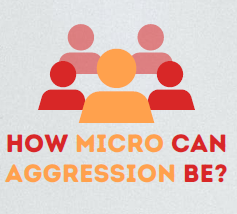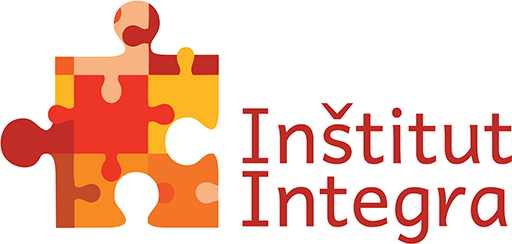 While the important topic of diversity and inclusion is gaining ground in all different contexts, it also exposes more and more of our prejudices and unconscious bias. And even though we cannot influence our prejudices and bias directly, they are the cause of many unpleasant, hurtful or even harmful comments or acts. Often, no malicious intent is behind these micro-aggressive acts or comments. In fact, statements or acts may even be meant in a nice way, while being considered microaggressive at the same time because of the prejudices that are hidden behind it.
While the important topic of diversity and inclusion is gaining ground in all different contexts, it also exposes more and more of our prejudices and unconscious bias. And even though we cannot influence our prejudices and bias directly, they are the cause of many unpleasant, hurtful or even harmful comments or acts. Often, no malicious intent is behind these micro-aggressive acts or comments. In fact, statements or acts may even be meant in a nice way, while being considered microaggressive at the same time because of the prejudices that are hidden behind it.
Micro-aggression can be about race, gender, LGBT, age, nationality, disability, intersectionality and all other marginalized groups in a society. Such comments or acts, while not always intentional, are an attack on human rights and are in clear violation of the principles of equal human dignity and respect.
Citizens need new skills and competences to be able to recognize and be prepared for this phenomenon. This is especially true for anyone who works in a public position. Many of us do not recognize micro-aggressive statements or acts (or realize they are hurtful) and if we do, we often do not know how to handle the situation in a helpful way. The micro-aggression Project raises awareness and provides people with practical tools and exercises to help them deal with situations where micro-aggression occurs.


